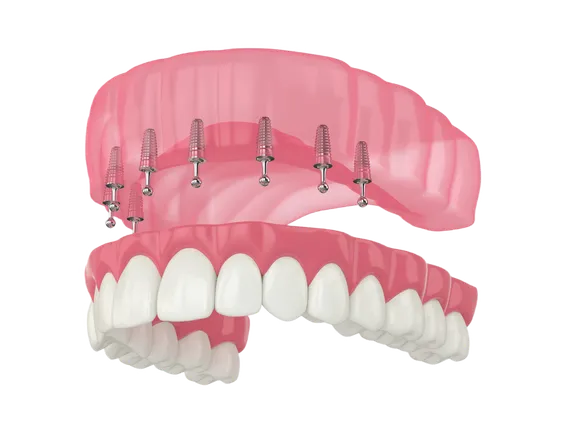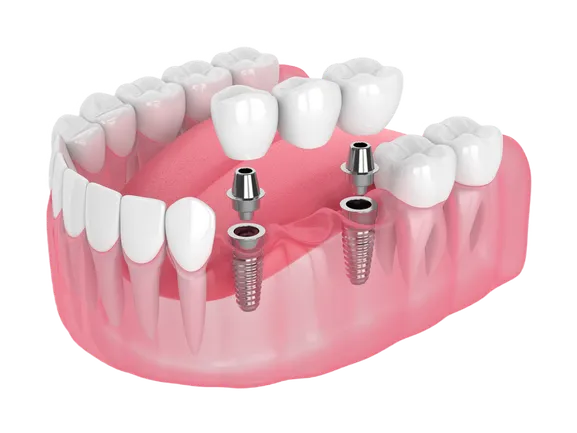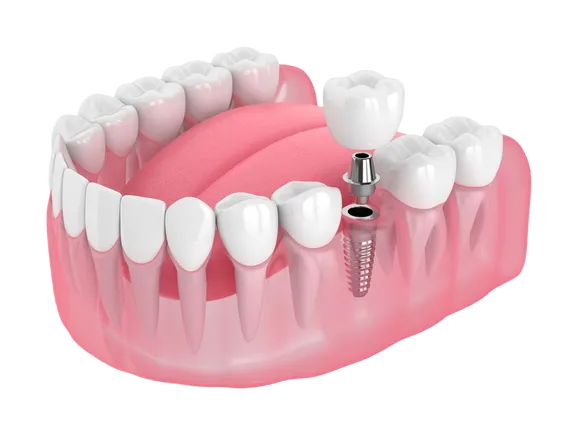
Do You Qualify For Superannuation Coverage For Full-Mouth Dental Implants?
You Don't Need To Wait! Start Smiling, Laughing, And Enjoying Your Favorite Foods Again! Take The 30-Second Quiz Below To See If You Qualify.
Take The 30-Second Quiz To:
Discover if full-mouth dental implants are right for you.
Reserve a 1-on-1 call with a medical coverage specialist.
Verify compassionate release of Superannuation
Plus, if you qualify for dental implant, get exclusive access to our service that handles the claim process with you.
THERE'S AN ELEPHANT IN THE ROOM...
Yes! This Is Real. No, Most Dental Offices Don't Do It. Here's Why We Can, And How Compassionate Release Of Super Implant Coverage Works:
If you are suffering in pain due to the condition of your teeth and/or are lacking simple daily function such as being able to chew properly, we may be able to establish necessity for your dental implant treatment and have your Superannuation cover it.
Watch This Video To Learn
How Dental Implants Can Impact Your Smile And Your Life
Our team is made up of some of the most highly skilled doctors in the dental implant industry. We offer highly specialized care and services including emergency oral surgery, tooth extractions and full mouth dental implants.
Our team are driven by our commitment to providing exceptional results and guarantee nothing less when you visit us for your surgical needs. With us, your health is in the best hands.
Trusted by Patients. Proven by Results.
Chosen with Confidence.
Check out what everyone is saying about us
WHY DENTAL IMPLANTS?
They're the true permanent solution if you are experiencing the following:
A few or many of your teeth are either missing,rotting,broken or need to be replaced?
Frustrated from wearing poorly fitted and uncomfortable dentures?
Pain when performing the simple act of chewing food?
Embarrassment or anxiety about smiling because of your teeth?
Feeling held back socially or professionally because of your smile?
Tired of spending countless dollars on "temporary fixes" every few months / years?
If you are nodding your head to any of these questions, you may be the perfect candidate for dental implant treatment.
We do it better, faster, and easier!
We won’t stop until you are in love with your smile.
We do it better, faster, and easier!
We won’t stop until you are in love with your smile.
You have several options when it comes to
dental implants:

Missing Most of Your Teeth?
Resists chips and stains
Offers a permanent solution
Custom-designed for 4-6 implants

Missing a few teeth?
Resists chips and stains
Offers a permanent solution
Custom-designed for 4-6 implants

Missing just one tooth?
Resists chips and stains
Offers a permanent solution
Custom-designed for 4-6 implants
Full-Mouth Dental Implants Are The Best Alternative To Dentures
Full mouth dental implants provide several advantages over conventional dentures, such as a more natural appearance, increased durability, enhanced comfort, and improved stability. These implants require less maintenance compared to dentures and can be cared for with regular oral hygiene routines. Additionally, they contribute to better jawbone preservation by replacing tooth roots, preventing jawbone recession and maintaining a natural, attractive smile.
Know The Facts
Frequently Asked Questions
How do I know if I need a dental implant?
There are several reasons why you may need a dental implant, such as having lost a tooth due to an injury or periodontal disease, having a missing tooth that affects your ability to chew and speak, having a visible gap in your smile due to a missing tooth, or having an ill-fitting denture or bridge. If you are experiencing any of these issues, it may be worth considering a dental implant. However, it is important to consult with a dentist or oral surgeon to determine if a dental implant is the best option for you, as they will be able to evaluate your oral health and determine if you are a good candidate for the procedure.
What is the process of getting a dental implant?
The process of getting a dental implant is multi-faceted and typically involves several steps, which can span over a few months. Initially, a comprehensive dental exam is conducted, including X-rays and possibly 3D imaging, followed by the formulation of a treatment plan. If necessary, tooth extraction or bone grafting is performed.The key phase is the surgical placement of the dental implant, a small titanium post, into the bone socket of the missing tooth. While the healing and integration of the implant with the jawbone (osseointegration) can take several weeks to months, it's important to note that in most cases, patients receive a temporary tooth or teeth on the day of surgery. This ensures that patients can enjoy the appearance of their new smile immediately, although they are advised to take it easy and follow certain dietary restrictions while the implant is healing.Once the implant has securely integrated with the jawbone, a small connector post called an abutment is attached to hold the new tooth. In the final step, a custom-made tooth (crown), often a strong zirconia prosthesis, especially in cases of full mouth dental implants, is attached to the abutment after the healing phase. This final prosthesis is designed for durability and aesthetic appeal, completing the patient's new smile.
Does getting a dental implant hurt?
Dental implant surgery is usually performed under local anesthesia, so the procedure itself is not painful, deeper sedation options even are available for patients with anxiety. Post-surgery, some discomfort is typical, such as swelling of the gums and face, minor bleeding, bruising of the skin and gums, and pain at the implant site. However, these symptoms are usually mild and can be managed with over-the-counter pain medications and following the dentist’s care instructions. Most patients report that the discomfort is less than they expected and is manageable.
Take The Next Step For Your Future
Complete the 60-second evaluation to see if you may be a candidate for this program, and get connected to our dedicated team of dental implant specialists.
Take The Next Step For Your Future
Complete the 60-second evaluation to see if you may be a candidate for this program, and get connected to our dedicated team of medical coverage specialists.

Copyright 2025. All Rights Reserved.